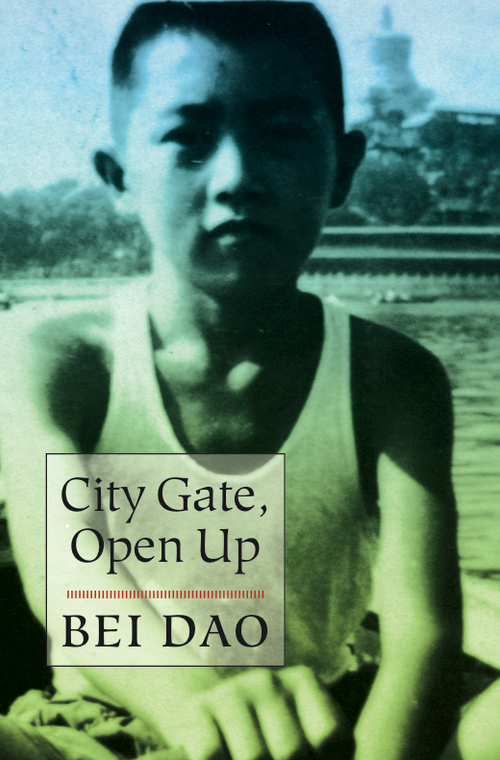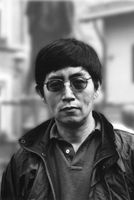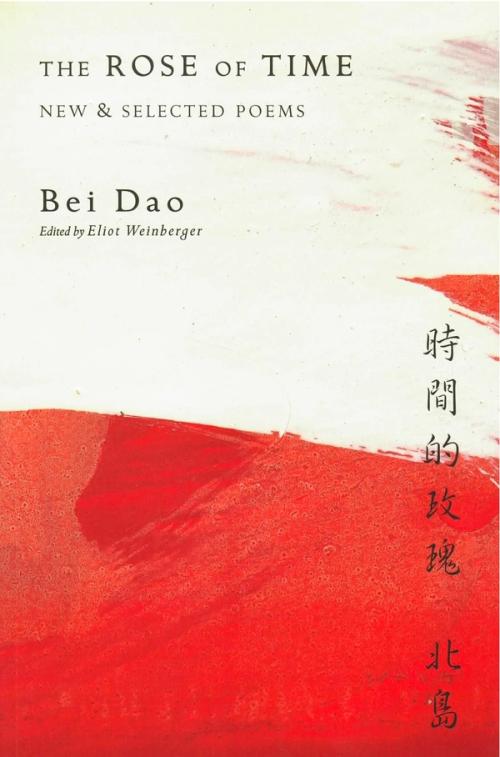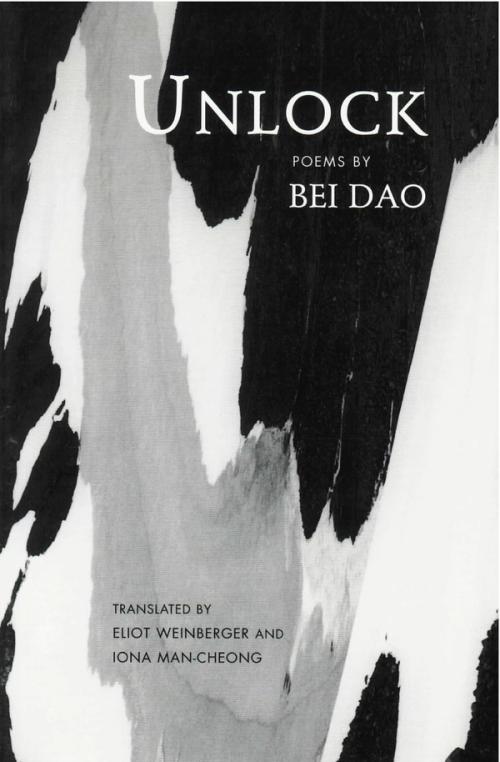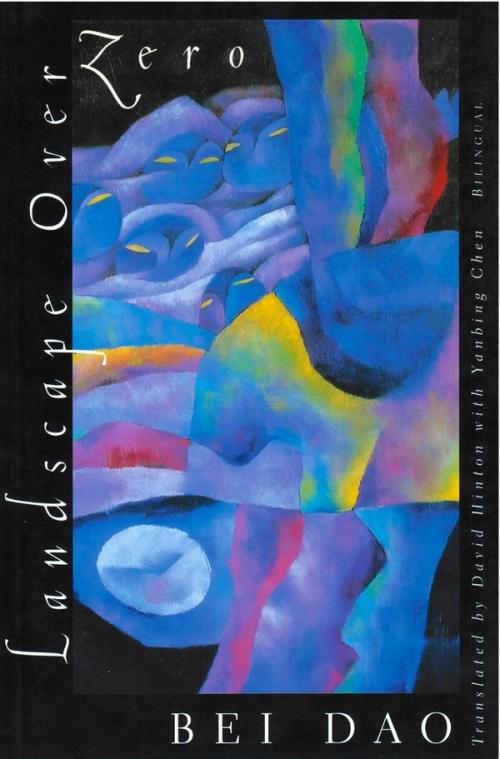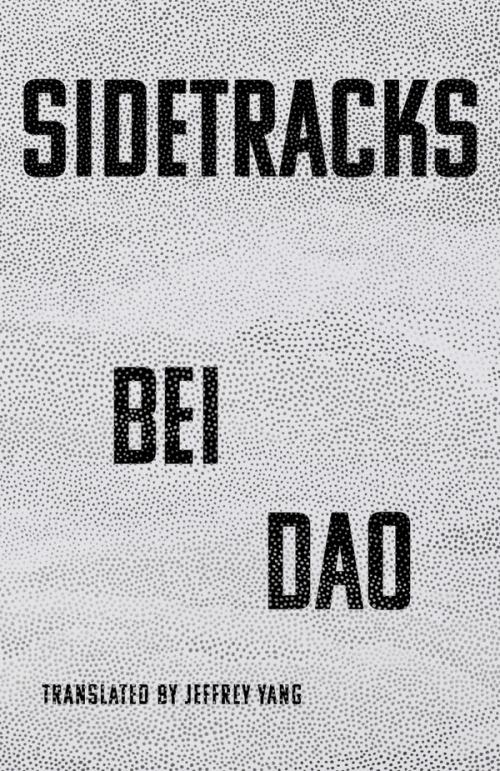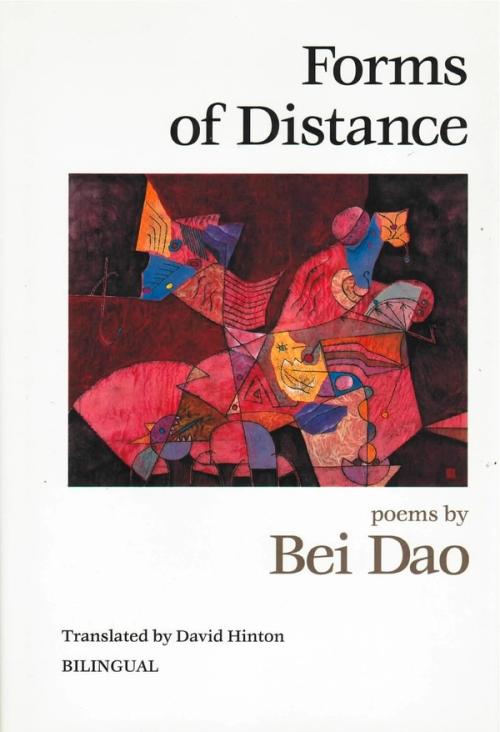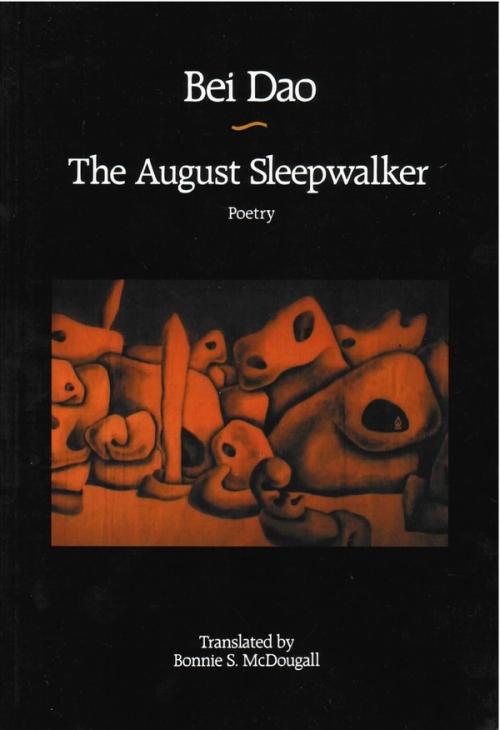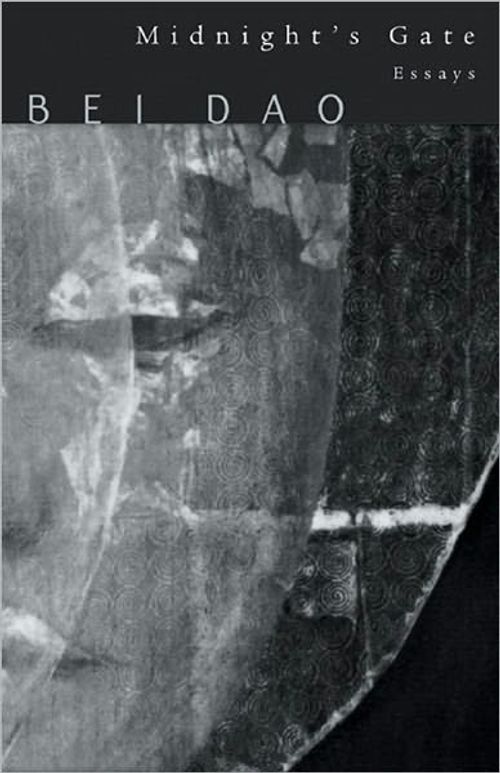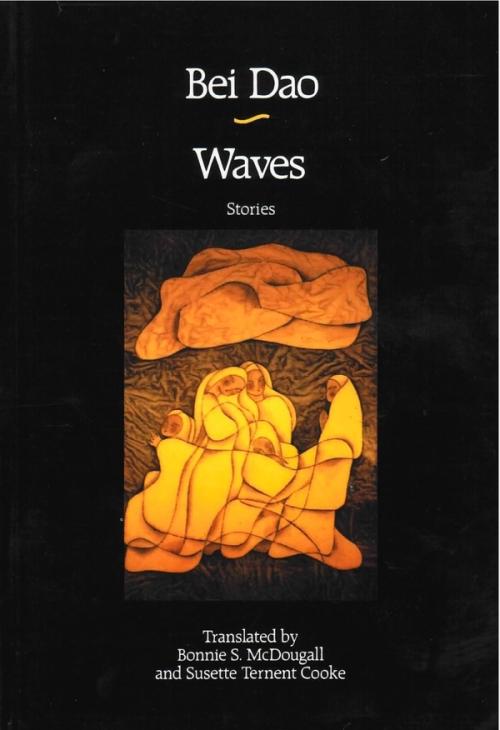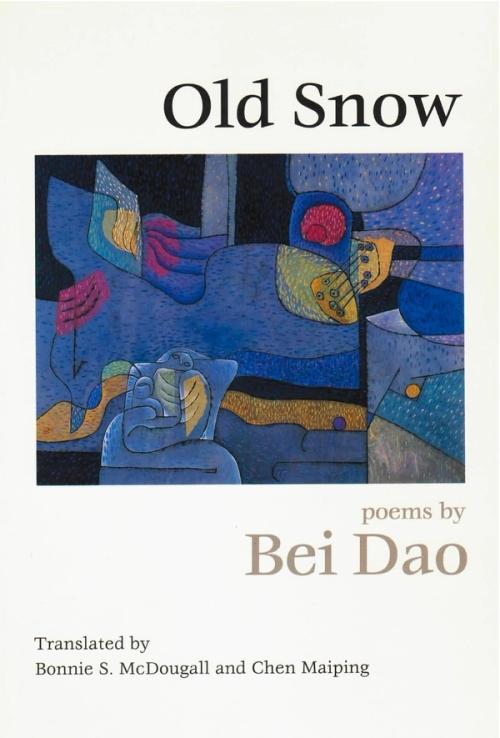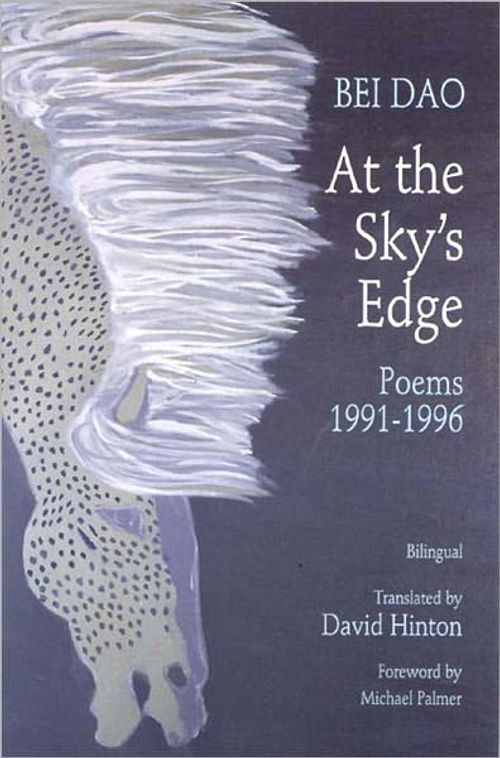City Gate, Open Up
Literature by Bei Dao
Translated from Chinese by Jeffrey Yang
In 2001, to visit his sick father, China’s legendary poet Bei Dao returned to his homeland for the first time in over eleven years. The city of his birth, however, had totally changed. “Everything was difficult to recognize, nothing familiar,” he writes: “I was a foreigner in my hometown.” The shock of this experience released a flood of memories and emotions that sparked City Gate, Open Up.
In this lyrical autobiography of growing up—from the birth of the People’s Republic, through the chaotic years of the Great Leap Forward, and on into the Cultural Revolution—Bei Dao uses his extraordinary gifts as a poet and storyteller to create another Beijing, a beautiful memory palace of endless alleyways, where personal narrative mixes with momentous history. At the center of his story is his family—his parents and two siblings—and their everyday life together through famine and festival, sorrow and laughter.
Paperback(published Apr, 25 2017)
- ISBN
- 9780811226431
- Price US
- 18.95
- Price CN
- 24.95
- Trim Size
- 5 x 8
- Page Count
- 240
Ebook(published Apr, 25 2017)
- ISBN
- 9780811226448
